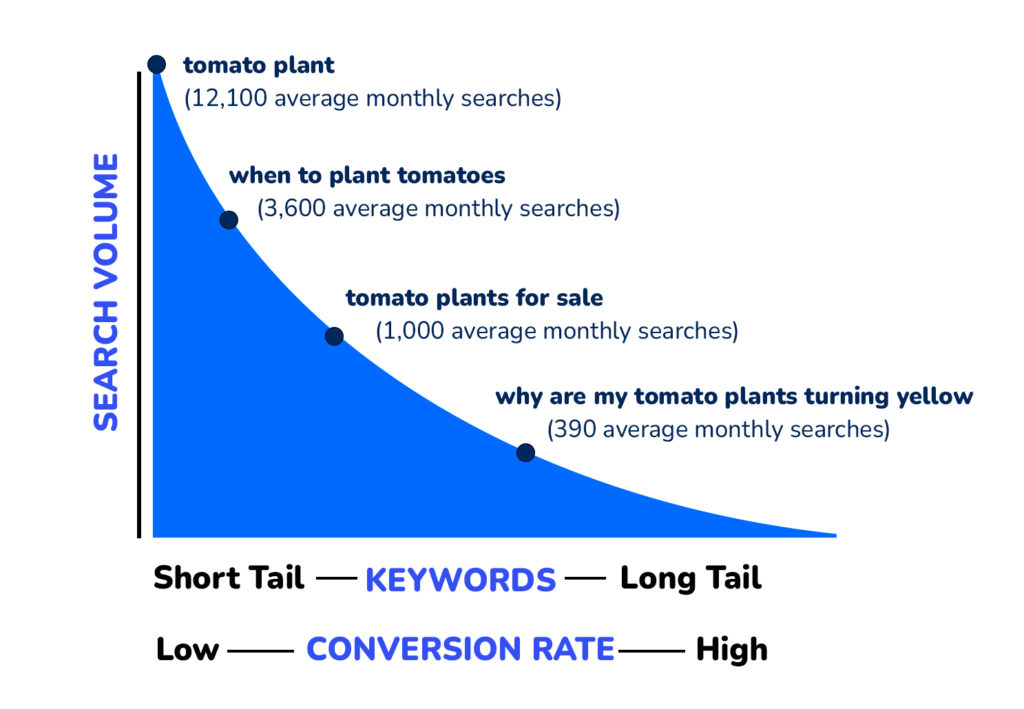Keyword research functions as the base of effective link building and SEO strategy. By comprehensively and fully understanding your game through deep research, you can bring in relevant backlinks, engaging your site’s potential, and boosting SERP rankings. When you find and target the right keywords, your content will tend to naturally brings in high value links from other locations, providing a key signal to SERPs that your content is valuable and trustworthy.
This article will also discuss how to integrate these keywords into your link-building strategy to maximize your SEO impact, ensuring your site remains competitive in the ever-evolving digital landscape.

Defining Research
This process means identifying the keywords that will help you acquire high-quality backlinks. One key aspect of this is leveraging brand mentions, which are instances where your brand, product, or service is mentioned online without a direct link to your site. These mentions can be found in blog posts, articles, social media, forums, or reviews.
Brand mentions are vital for SEO because they offer opportunities to convert these mentions into backlinks, enhancing your site’s authority and search engine rankings. When a brand mention is turned into a link, it not only drives referral traffic but also signals to search engines that your content is relevant and trustworthy.
How Does Keyword Research Shape Your Link-Building Strategy?
Research plays a pivotal role in shaping an optimal strategy and one of the most effective ways to capitalize on this research is by identifying and converting brand mentions into backlinks. Think about using tools like Google Alerts and SEMrush or other popular keyword searchers. – these are invaluable for tracking where your brand is being mentioned across the web.
To set up effective monitoring, start by entering your brand name, key products, or services into these tools. You’ll receive notifications whenever these terms are mentioned online. By filtering the results, you can focus on mentions that are most relevant to your link-building efforts, such as those on high-authority websites or within your industry.
Once you identify relevant mentions, reach out to the site owners or authors, and request a backlink. This proactive approach ensures that your link-building strategy is focused, efficient, and aligned with your SEO goals.
Defining Your Target Audience
Before embarking on your research quest, it’s crucial to fully analyse and define your chosen audience. Figuring out their needs, preferences, and search behavior helps you choose keywords that fully resonate with them, driving impactful results. This step ensures that the backlinks you build are not only plentiful but also relevant, driving the right kind of traffic to your site.
Relevant Topic Research
Next, be sure to properly find topics that are contextually relevant to your audience. Use tools like Google Keyword Planner and AnswerThePublic to reveal topics your audience may be interested in. This will help you to fully be able to navigate your content creation process and link-building efforts, ensuring that any keywords you target properly align with trending topics and search queries.
Methods to Find Keywords for Link Building
Finding the right keywords is a big step also. By putting your attention on specific methods, you can uncover keywords that not only attract backlinks but also drive meaningful traffic to your site. Here are some effective techniques to identify such keywords:
Rank for ‘Linkable’ Keywords
“Linkable” keywords are terms that naturally attract backlinks due to their value, relevance, or popularity. These are often educational, data-driven, or resource-rich words ready for utilization. Using well -known services such as Ahrefs can help you find organic, high-performing content that places itself within your niche, particularly content that has already attracted numerous backlinks. By targeting similar or related keywords, you can create content that others will want to link to.
Use Topical Keywords + Modifiers
Combining topical keywords with well-utilized modifiers such as words like “best,” “guide,” “how to,” or “2024” can help you rank for things like long-tail keywords that are extremely relevant to your audience. These modifiers make your content increasingly valuable, boosting the likelihood of earning those well-coveted backlinks. For example, instead of just targeting “SEO tools,” you could focus on “best SEO tools for small businesses 2024.”
Reverse-Engineer Competitor Strategies
Analyzing competitors who already rank well for your target keywords can reveal valuable insights. Tools like Ahrefs or Moz allow you to reverse-engineer their backlink profiles and identify the keywords they rank for. By understanding where their backlinks come from, you can target the same sources or create superior substance to attract optimal links.
Spotting Out Already Existing Keywords With Gaps
A backlink gap analysis is the process of classifying keywords your industry peers rank for that you don’t already target in your SEO endeavors. By filling these gaps, you can capture new opportunities for link building. Tools like SEMrush’s Backlink Gap tool allow you to perform a comparison of your site with competitors and understand any keywords that have untapped backlink potential.
Keywords and Referral Traffic
Focus on keywords that not only rank well but also drive qualified traffic that converts. Keywords that attract targeted visitors are often tied to niche topics or buyer intent. By using tools like Google Analytics or Ahrefs, you can identify what brings the most valuable traffic, then tailor your content to capture that traffic.
Analyzing Keyword Difficulty and Competitive Analysis
Understanding keyword difficulty and analyzing competitor strategies are crucial steps in crafting an effective link-building strategy. These methods help you identify the right opportunities and prioritize your efforts for maximum impact.
The Keyword Difficulty Metric
Keyword difficulty measures how difficult it is to rank for a specific keyword SERPs. Tools like Ahrefs and Moz offer a algorithm-based keyword difficulty score, helping you assess whether it’s feasible to rank for a given term. High-difficulty keywords often require substantial resources and a strong backlink profile, whereas low-difficulty keywords might present easier, quicker wins. By balancing your strategy between different difficulty levels, you can target both short-term and long-term SEO goals.
Performing an Analysis of Competitors
Competitive analysis involves studying other strategies to uncover what’s working in your niche. Tools like SEMrush and SpyFu will allow you to analyze top-ranking keywords, backlink sources, and content strategies. By understanding how your competitors are earning backlinks, you can find similar opportunities or gaps in their strategy that you can exploit. This insight enables you to create content that not only competes but surpasses theirs.
Backlink Gaps
Backlink gap analysis is a tool to identify keywords or pages where competitors have strong backlinks, but your site doesn’t. By identifying these gaps using tools like SEMrush’s Backlink Gap Ahrefs’s Link Intersect tool, you can focus on acquiring similar links or creating content that fills these gaps, thereby improving your ranking potential and strengthening your backlink profile.
So, what have we learnt in this article?
In summary, utilizing the correct keywords will form the foundation of your strategy. From identifying utilizable keywords and using modifiers to reverse-engineer competitors for your own benefit and finding backlink gaps, each method plays a crucial role in driving targeted traffic and enhancing your site’s authority. Effective research shapes your link-building efforts, ensuring that every backlink you acquire contributes to your overall SEO success.
If you’re looking to drive organic results, consider partnering with a well-known. At Serpzilla, we offer expert link-building solutions tailored to your needs. Contact us today to start building a stronger, more competitive online presence.







